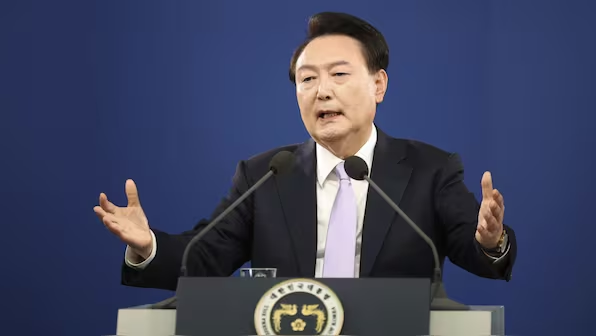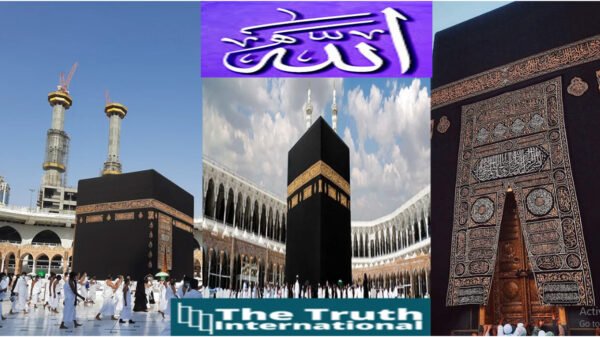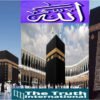South Korean President Yoon Suk Yeol’s declaration of martial law late Tuesday was swiftly countered by the National Assembly, which unanimously voted to nullify the decree.
Parliamentary Speaker Woo Won Shik denounced the martial law declaration as “invalid” and demanded the immediate withdrawal of police and military forces from the assembly grounds.
“Lawmakers will protect democracy with the people,” Woo stated firmly.
Footage from the scene showed soldiers and police withdrawing from the area, where they had earlier barred access to the Assembly. Helicopters had circled overhead, some landing on the premises, as protesters gathered outside waving banners and calling for Yoon’s impeachment.
Opposition and Public Backlash
Lee Jae-myung, leader of the opposition Democratic Party, condemned Yoon’s actions as “illegal and unconstitutional.” He vowed to defend democracy alongside his party, with Democratic lawmakers occupying the Assembly’s main hall until the decree was formally rescinded.
The martial law order had suspended political gatherings and mandated striking doctors return to work within 48 hours, with violators facing arrests without warrants. Thousands of doctors had been striking over government plans to increase medical school enrollments.
Even members of Yoon’s conservative People Power Party expressed disapproval. Party leader Han Dong-hoon called the move “wrong” and pledged to oppose it alongside the public.
Presidential Justification
In a televised address, Yoon defended the martial law declaration, accusing opposition lawmakers of being “pro-North Korean anti-state forces.” He argued that the decree was necessary to “normalize the country” and urged citizens to endure temporary disruptions for the sake of national stability.
“This is about protecting our nation from falling into ruin,” Yoon said.
Historic Repercussions
This marks South Korea’s first imposition of martial law since its democratization in 1987. The unanimous parliamentary vote, supported by all 190 lawmakers present, signaled strong resistance to Yoon’s administration, which has faced plummeting approval ratings and persistent legislative gridlock since his election in 2022.
The unfolding crisis highlights deep divisions within South Korea’s political landscape, as the nation grapples with questions of governance, democracy, and public trust.










